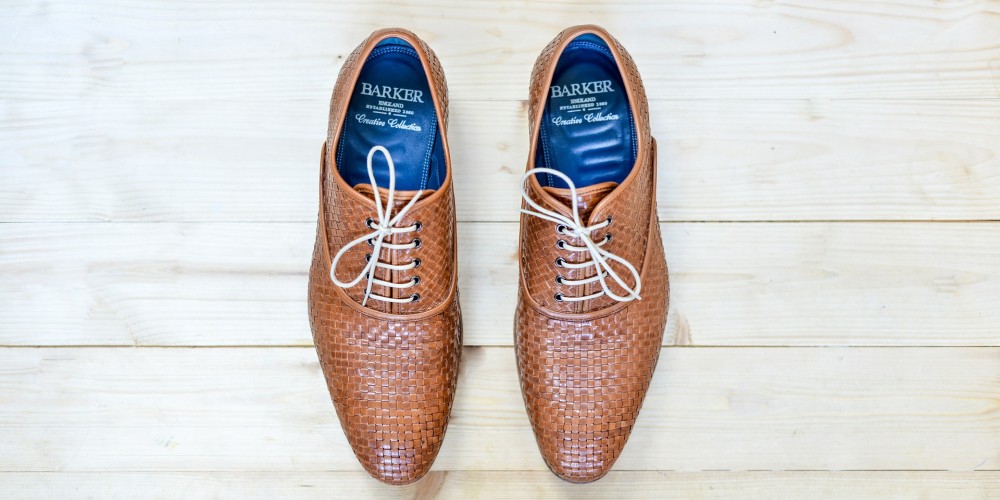Actually, I’ll wear brown shoes whenever I feel like it

“There are no circumstances in which you should be seen here in brown shoes.”
Those were the words uttered by one of the old warhorse bosses in my first-ever job. He was talking to a group of us who had started out straight from university, in a global consulting firm located in the City of London.
We paid heed. The young men made sure their dark suits mimicked those of the firm’s gentry; they ensured their ties were sober and correctly knotted; and that their shoes were jet black at all times. Every woman wore a two-piece suit with blouse and pearls and (black) pumps. We all dressed exactly the same way. So did every banker, accountant, lawyer, fund manager and analyst in every office in every building in the square mile around us.
When I started to venture into continental Europe on assignment, I noted that the rules were a little different. The colours were more lurid. Senior executives often wore jackets and blazers instead of suits to meetings. And they wore, horror of horrors, brown shoes. They were dangerously flamboyant, these Italians and Spaniards and Danes. And yet they seemed to be very good at what they did…
I did not last very long in those jobs. After getting the requisite experience, I moved on rapidly to organizations that were less buttoned-up, less rigid, less hidebound. Eventually I broke out completely and set up my own enterprise, where I can wear exactly what I want. Which includes brown shoes with a suit, no tie. In the boardrooms of our largest corporations.
It was with some bemusement, then, that I saw a recent study reporting that the old rules still hold firm in the City of London, decades after I left. Showing up for your interview in brown shoes might still cost you the job. Opaque dress codes abound. These serve as signals for your educational background, breeding and social class. In other words, you don’t get in unless you can prove you’re ‘one of us.’ Or if you’re evidently not one of us, you should at least know how to look and talk like you’re one of us.
This means, of course, that people from different backgrounds, or of unusual appearance or upbringing, simply don’t cut it.
Nothing wrong with that, I can hear some of you harrumphing into your Earl Grey tea. Tradition is good. Discipline is essential. Dress codes are necessary. And yes, a business case can be made for dressing the part if that’s what your customers look like and expect of you.
But let’s stop there. Strict delineation of styles and colours? Inflexible, decades-old rules and regulations? Me-too adherence to arcane practices? Blind conformity? Do you know what those things are recipes for? A choking lack of creativity and innovation. An inability to adjust to changing times. A blinkered adoration of a questionable past. An army of obedient clones with which to face a future that demands experimentation and new directions.
If the City of London is still stuck in those norms, I am not surprised it has stopped being the happening place in global financial circles. I am not surprised its owners were caught flat-footed in their black brogues by the Brexit vote.
What happens when you tie people up in weird dress codes and cryptic social norms? You lose all the people who can’t be boxed like that. The innovators and trailblazers, in other words. You are left with traditionalists and reactionaries – people who buy the act, and propagate it on future generations. And if that’s the talent pool with which to face a disruptive, uncertain future, I can only hope your prayers are stronger than your strategy.
A pair of traditional English hand-finished black shoes? I love them. I wear them. But no one is going to tell me when to wear them, or with what. That judgement is mine to make. So is the choice to rock up in sneakers and jeans. If you’re peering more intently at my dress choices than at my expertise and insights, then let’s not work together. It won’t end well anyway.
Your lasting contribution to the advancement of the human race is not going to depend on your ability to tie a Windsor knot tightly around your throat. If we continue to value people primarily by how they look, we will continue to employ and deploy empty suits.
(Sunday Nation, 18 September 2016)

Buy Sunny Bindra's book
UP & AHEAD
here »















